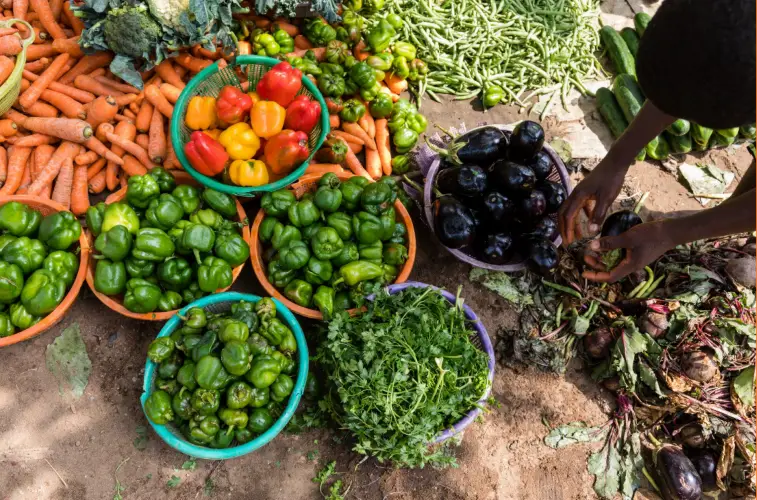The SUN Business Network (SBN) and the Global Alliance for Improved Nutrition (GAIN), in collaboration with the International Food and Beverage Alliance (IFBA), are leading a pilot project to support the replacement of industrially-produced trans-fatty acids (iTFA) in Nigeria and Pakistan.
As part of this initiative, a consultant-led report was developed to map sources of iTFA in Nigeria and propose feasible replacement solutions.
Key Findings: iTFA Sources in Nigeria
Interviews and industry analysis revealed that:
- Biscuits and margarine are among the main sources of iTFA in Nigeria.
- Secondary sources include baked products such as bread, cakes, and confectionery.
- Nigerian food companies face both challenges and opportunities in understanding, monitoring, and replacing iTFA in their products.
Replacement Solutions
The report identified fractionation and blending as the most feasible replacement solutions for Nigerian companies. However, success will depend on:
- An enabling regulatory environment to create incentives and fairness across the sector.
- Consumer awareness campaigns to drive demand for trans fat-free products.
- Innovation and proper labeling to ensure transparency and responsible marketing.
Policy and Regulatory Recommendations
To accelerate iTFA elimination in Nigeria, the report recommends:
- Adopting national regulations to limit iTFA levels to no more than 2 grams per 100 grams of oils and fats, including in the informal sector.
- Ensuring lab capacity and training to support compliance.
- Allowing sufficient transition time for SMEs to adapt to new standards.
- Requiring food business operators to disclose iTFA content above 2g/100g to their buyers, while recognizing SME capacity gaps.
- Involving businesses in Nigeria’s Non-Communicable Disease (NCD) Strategy 2019–2025, particularly on iTFA elimination.
- Supporting consumer awareness campaigns on the dangers of iTFA and the benefits of trans fat-free products.
Towards a Trans Fat-Free Nigeria
Achieving a trans fat-free Nigeria will require strong collaboration between government, private sector, and consumers. With the right policies, innovation, and consumer demand, Nigerian companies can lead the way in eliminating iTFA from food systems and improving public health.
📖 Read the full report: Mapping Industrially-Produced Trans-Fatty Acids in Nigeria


